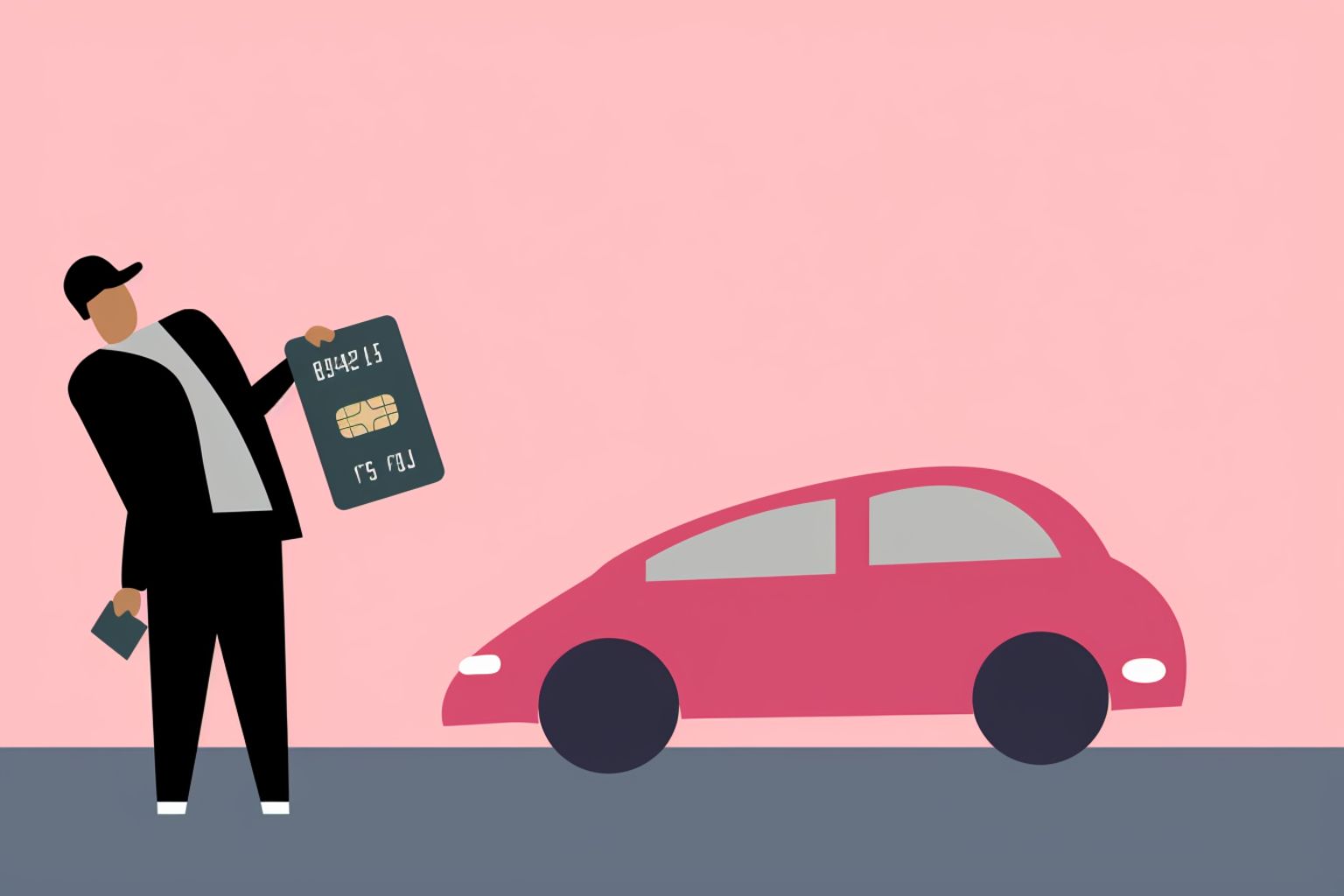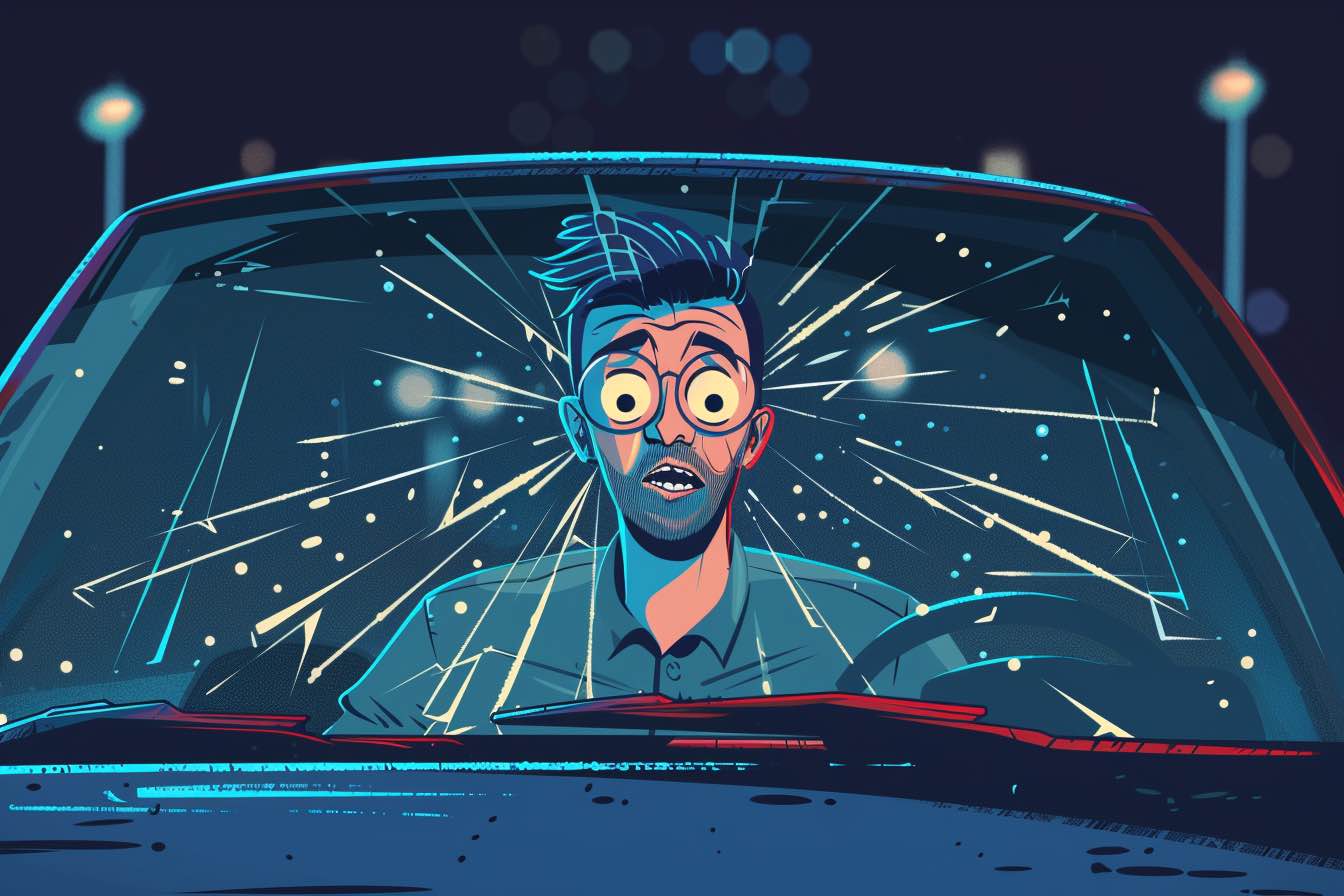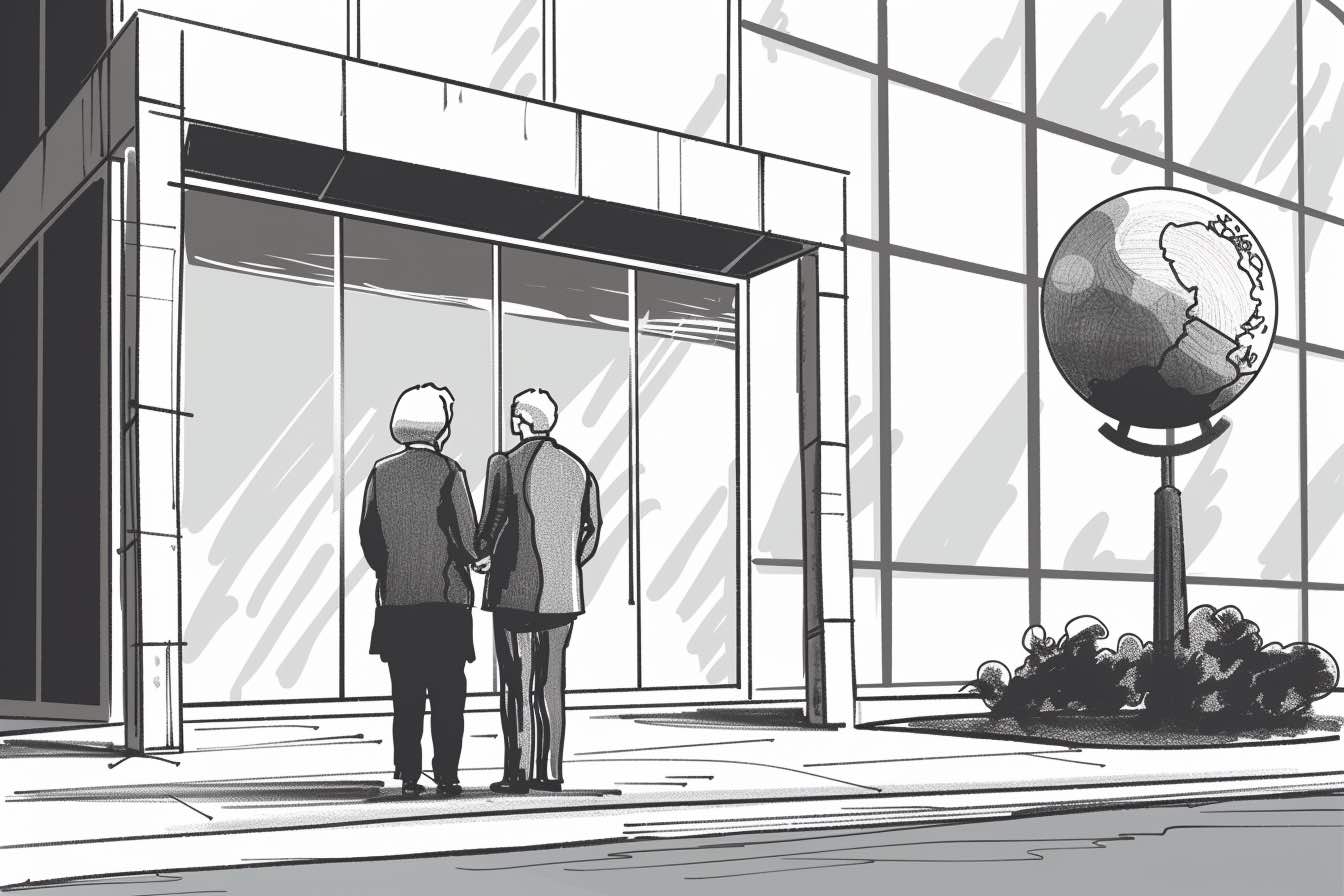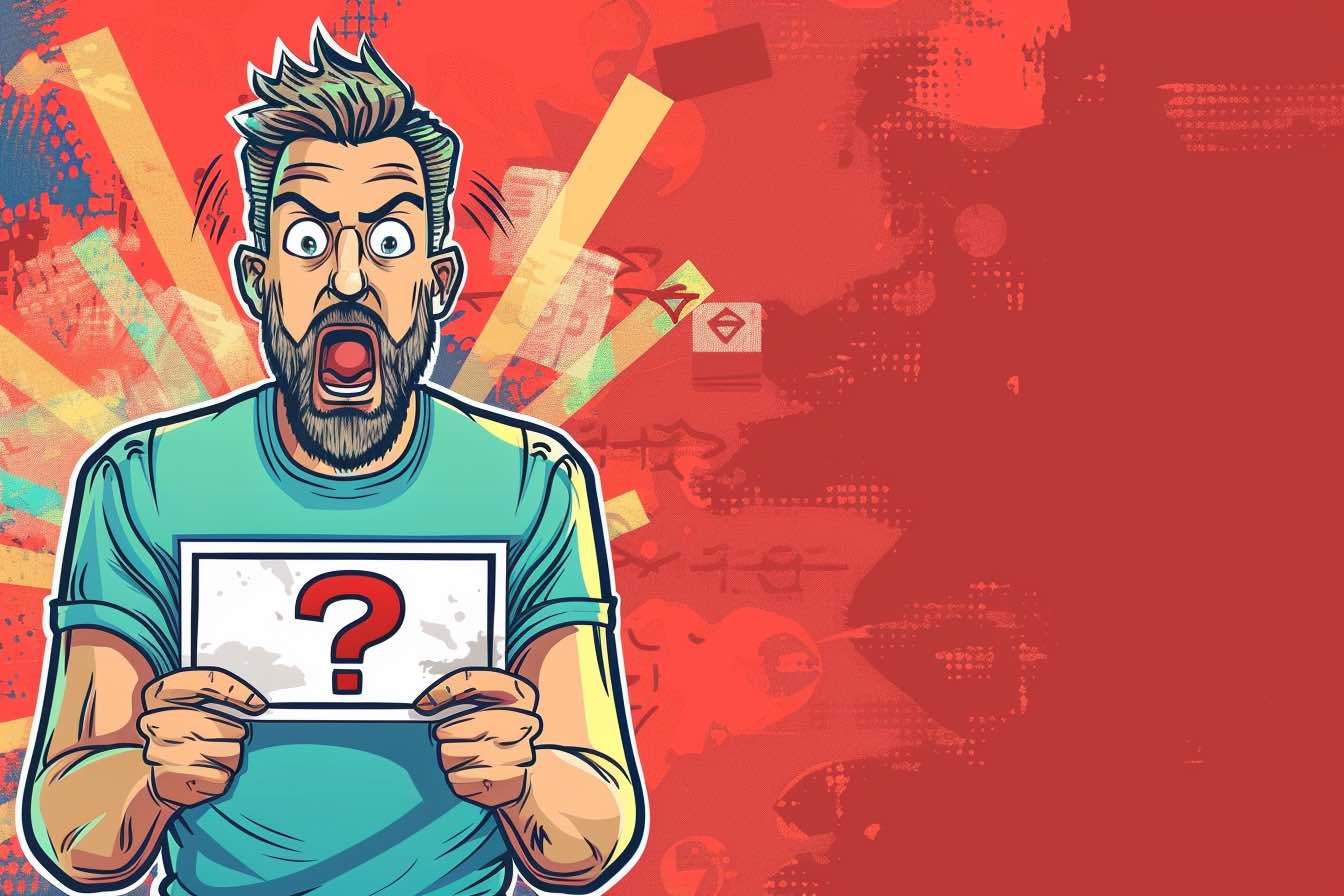When Don Kelly ran into trouble with an Uber charge, he did what so many customers do — he filed a credit card chargeback. And he won.
Or did he?
A few weeks later, when he tried to hail an Uber, the ridesharing company dropped some bad news on him: While his credit card may have reversed the charge, Uber wasn’t so willing to forgive him. And if he didn’t pay up, his ride privileges would be suspended — permanently.
Kelly’s story is a real consumer conundrum. Can you win and lose a consumer dispute?
And there are more questions:
- What’s the best way to resolve a billing problem with Uber?
- Does Uber use AI for customer support?
- Does Uber ban users who win a credit card chargeback?
The answers will take you down a road that leads to frustration. And while there’s hope for Kelly, their ultimate conclusion will probably leave you as troubled as it did me.
How he got banned: First, a surprise charge of $47 from Uber
Kelly’s tale of getting banned by Uber started when a charge of $47 showed up on his statement in May. It claimed he’d hailed an Uber in New York.
“I knew I hadn’t taken any Ubers for about a month,” he says. “In fact, I was flying back from Greece on the date of the charge.”
Kelly opened the Uber app and sent a message to the ridesharing company. He explained that he had a watertight alibi and could prove that he wasn’t even in the United States when the charge happened. This appeared to be a duplicate charge for a ride he’d taken in Manhattan a month before.
Let’s listen in on their online chat …
Uber: I understand you have a concern about the charge on your account. I do apologize for the inconvenience that this has been causing you, Don. This is definitely not the experience we want you to have while using our services. We will need a screenshot of your bank statement that shows us the amount of $47 being settled.
Kelly: Yes. It’s not on my Uber account anywhere, it’s a charge to Uber on my American Express card on a date I did not use Uber.
Uber: I will need to forward you to our specialized team for further investigation. They will reach out to you via email linked to this account as soon as possible.
And, not surprisingly, Uber never got back to him.
So Kelly exercised his rights under the Fair Credit Billing Act and disputed the charges on his credit card.
And it worked.
American Express sided with him and reversed the erroneous charge.
But that wasn’t the end of the story.
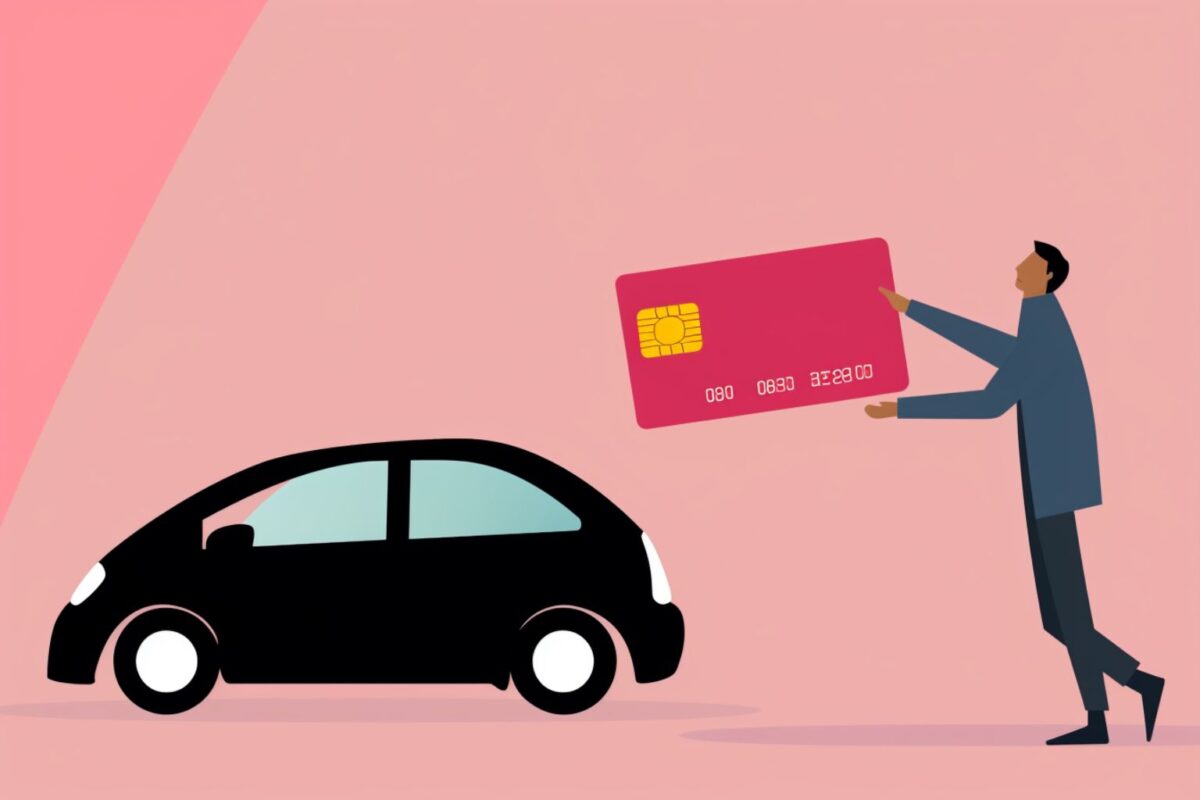
Now he’s banned from Uber until he pays up
Fast forward to August, when Kelly tried to hail an Uber again. This time, the app stopped him.
“Uber informed me I had an outstanding balance of $47 that had to be paid before I could get a ride,” he says.
In other words — pay up, or you’re banned from Uber.
Kelly couldn’t believe it. Wasn’t the credit card dispute the end of the case? Hold that thought — I’ll come back to it in a minute.
He contacted customer support again and explained what happened. The duplicate charge. His efforts to resolve this through normal customer service channels. And the credit card dispute, which he won.
“None of it mattered to Uber’s AI chatbots,” he says. “They continued to insist I owed the amount and my riding privileges were suspended until it was paid.”
Irritated, Kelly tried to get a human on the phone. (Related: I never ordered Uber One. Please help me get my money back!)
“But apparently, that’s impossible,” he says.
“Last month, I read your column in my local newspaper about an Uber dispute,” he says. “It mentioned that your site publishes the email addresses of Uber’s executives. So on 11/7, I emailed all of them about this issue, politely summarizing the issue and asking to have someone contact me personally to resolve this disputed charge. That was nearly two weeks ago and I have to date received no acknowledgment or response from anyone.”
Kelly was at the end of his rope. (Related: Uber owes me $100. Can you help me get it back?)
“Can you help?” he asked. “I have extensive documentation to back up everything I’m saying.”
My team and I have been waiting for a case like this for a while. And boy, were we ready!
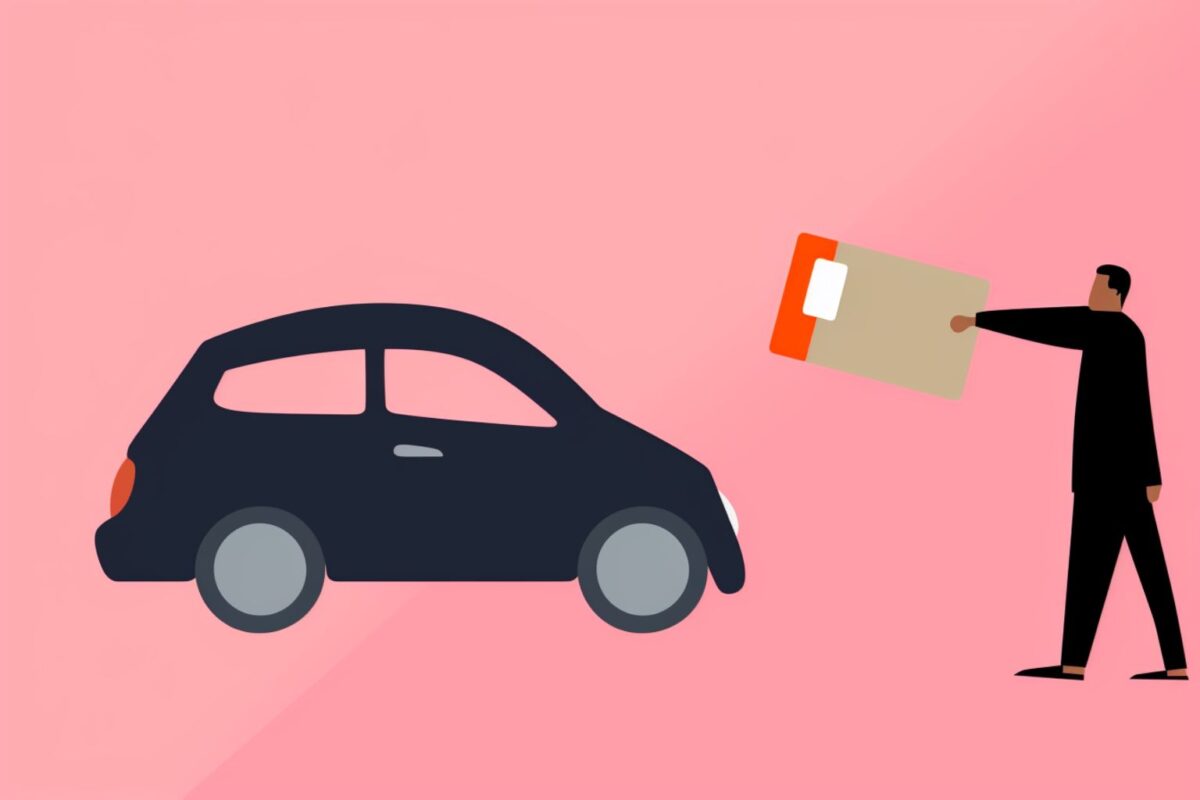
What’s the best way to resolve a billing problem with Uber?
Uber is highly automated when it comes to handling customer service disputes. Although my research team has tried, we can’t find a customer service phone number that’s available to the general public. Uber strongly prefers routing all of its customer service queries to its app. (There are email addresses for the key Uber executives, which we publish.)
Say something as soon as you see a billing problem
One of the keys to resolving a billing problem with Uber — and indeed, with most of the companies we feature on this site — is saying something as soon as you see an error. The longer you wait, the harder it becomes to fix a problem. (And I know, because I’ve dealt with some very old complaints.) In Kelly’s case, he mentioned something as soon as he saw his credit card bill. He could have gotten to it sooner if he had asked Amex to notify him immediately of any charges as soon as they appeared on his card. (You can do that by going to ‘Card Alerts’ and then selecting the card for which you would like to add or change an alert. Then opt in to receive the alert by selecting the check box to choose delivery either by email or text message.) Remember — the sooner, the better!
Use the app to create a paper trail
You’re going to need documentation to fight an Uber billing problem. The best place to create one is through the app. It’s true, you will be talking to a chatbot most of the time. But going through the steps generates the documentation you need. You’ll need to copy the screenshots if you have to go to the next step, but at least you’ll be able to show that you went through the normal channels. Kelly did all of this and kept an excellent paper trail that showed he had really tried to resolve this. He ran into some trouble because the charge for Uber showed up on his card, but not on his Uber account, which meant Uber had to transfer him to a different department, which never got back to him. (Here’s our guide to resolving your consumer problem.)
Appeal to one of the executive contacts on this site
By now, the customer service managers have probably all abandoned their published email addresses to chatbots or an executive assistant. But the email to a manager is another important piece of the solution. You’ll need to show a credit card company (or me) that you tried to appeal your Uber billing problem to the highest level. Even an email with no response does that. But sometimes, the executives do respond directly to you, or by forwarding your message to the right department to get the issue resolved. So even if you think it’s futile, do it. Again, Kelly filed his appeal, which is the third and often necessary step.
But you may ask, why do you have to jump through so many flaming hoops to get a simple billing problem fixed with Uber? The answer: artificial intelligence.
Does Uber use AI for customer support?
Uber uses a lot of AI for customer support. That’s not necessarily a bad thing. AI can offer instant answers to consumer questions and it can save a company like Uber millions a year in staffing. The problem happens when a customer like Kelly comes along with a problem that doesn’t neatly fit into any of the categories for which Uber has programmed its chatbots.
Based on conversations with many Uber customers who have interacted with Uber’s customer-service AI, here’s what we know.
Uber screens initial customer service queries with an AI chatbot. That means if you have a question, you type it in the chat window and the AI does its best to point you in the right direction.
If there’s a task the Uber chatbot can’t handle, it refers the customer to a human agent. You can tell you’re dealing with a human agent because the responses are less scripted and contain spelling errors. (Usually, that’s because English isn’t their first language.)
Uber has various departments that can handle a customer inquiry. If you need to get rerouted to another department, it appears the process will start over again. You talk to a chatbot, and then, if necessary, a person.
The problem: Based on the chat transcripts I’ve reviewed, it appears Uber has no way of allowing a human agent to take ownership of a consumer problem. So if you have a billing problem, you can get bounced from chatbot to chatbot and person to person without anyone really caring if the issue gets resolved.
So that’s life with AI, and yes, it is endlessly frustrating when it doesn’t work.
But if things don’t go your way as a company, can you just ban a customer? (Related: I’ve been banned by Uber but I can still drive for them.)
Does Uber ban users who win a credit card chargeback?
Yes, Uber bans customers who win credit card chargebacks. So do Lyft and many other businesses, notably cruise lines. Uber doesn’t call it a ban. Rather, it uses the more euphemistic term “ride privileges suspended.”
Is that allowed? Legally, it appears the answer is yes. A company can do business with whomever it chooses, as long as it doesn’t violate any anti-discrimination laws. But there’s also the merchant agreement between Uber and Amex. Some merchant agreements address this type of banning. If a customer wins a credit card dispute, they may not take any punitive action against the customer or send another bill to recover the money.
About 15 years ago, our advocacy team had several cases in which businesses that lost credit card disputes were reporting the victorious customers to collection agencies. The credit card networks promptly addressed this problem in their new contracts, and we haven’t had any complaints about it since then.
It’s unclear how Uber has gotten around this problem, and as you’ll see in a moment, the company is not being very talkative. (By the way, if you work for Uber and have any insights into this issue, please leave a comment and enlighten us. If you’d rather share the details in private, you can also reach me via email.)
Until we have an answer, the course is clear. Filing a credit card chargeback should be your last option when dealing with a ride-sharing company. Because if you win, you could be banned.
Uber: “It appears this trip had a delayed payment”
I contacted Uber on Kelly’s behalf. And remember how I said it was not very talkative? It didn’t even acknowledge my inquiry. But it did get back to Kelly.
This is Sean with Priority Support, reaching out as a follow-up to a voicemail I left for you earlier today regarding an outstanding balance on your account.
I was able to take a look into your concern and it appears this trip had a delayed payment where you were not initially charged on 3/29/23.
With that said, I have ensured there is no longer an outstanding balance on your account, so you should be all set.
To help make up for this poor experience I have also gone ahead and added $50 to your account to use on a future Uber trip or Uber Eats order.
Thank you for your patience and understanding during this process.
Well, Sean with Priority Support, I’m not even sure what “a delayed payment where you were not initially charged” means, since Kelly paid the charge for the first ride, and then you charged him again. But thank you for fixing the problem and restoring Kelly’s ride privileges.
“It’s sad that I had to go through so much frustration and aggravation, and spend so much time, fighting to correct a $47 mistake,” Kelly told me. “It seems obvious that if they just improved their own customer service process and communication, all of this could have easily been avoided.”
That’s true. I think Uber’s attitude is that AI can successfully address 95 percent of all its customer service problems. The other 5 percent don’t matter. And I’m afraid a story in a customer service blog is not enough to change corporate policy.
“It’s ironic that even today, when I tried to respond to Uber, that they literally had already closed their email thread and online chat conversation to replies,” he adds. “So I couldn’t even say thanks, even though their email said I could ‘continue the conversation’ by replying to the email or ‘clicking here’ to view the online message.”
He adds, “But I definitely wanted to say thank you very much, sir, for intervening and doing in just a few hours what I haven’t been able to accomplish in literally months. You’re a miracle worker!”
My advocacy team and I are happy that we could fix Kelly’s problem with having his Uber ride privileges suspended. But a bigger problem looms. AI is taking a wrecking ball to customer service, and we can’t just stand by and do nothing about it.
